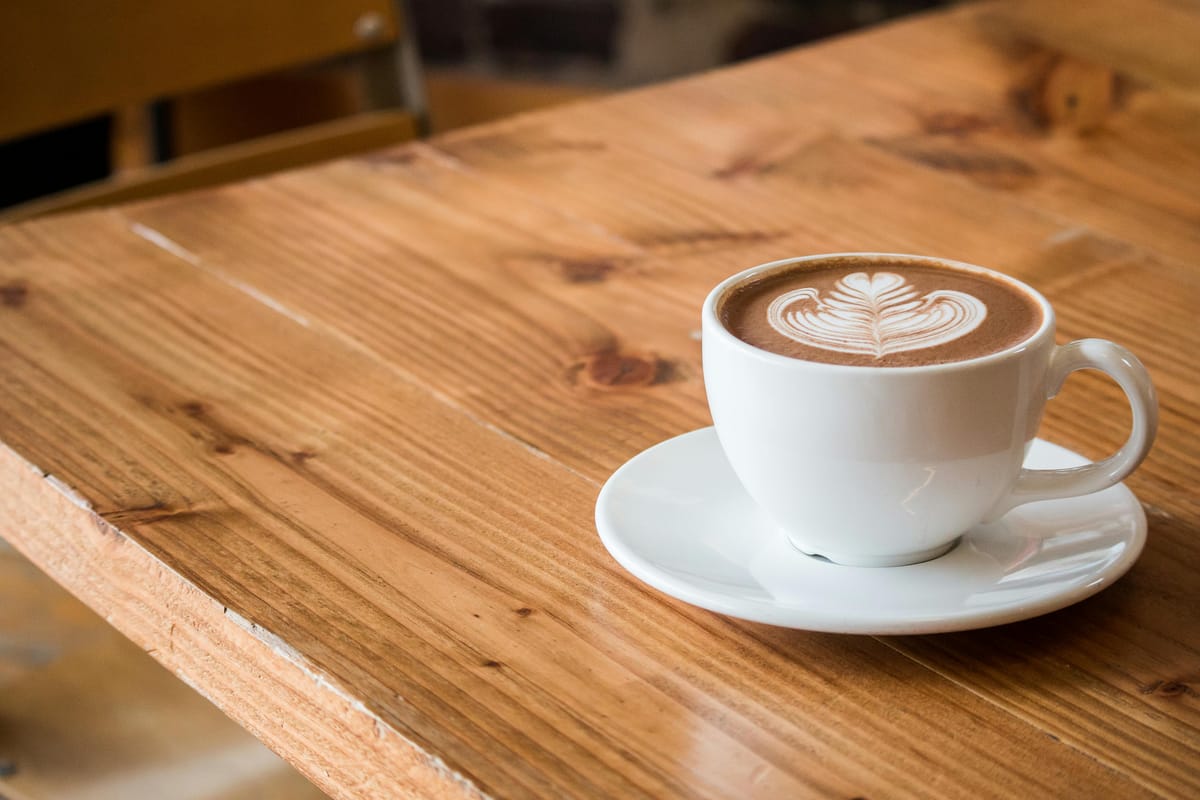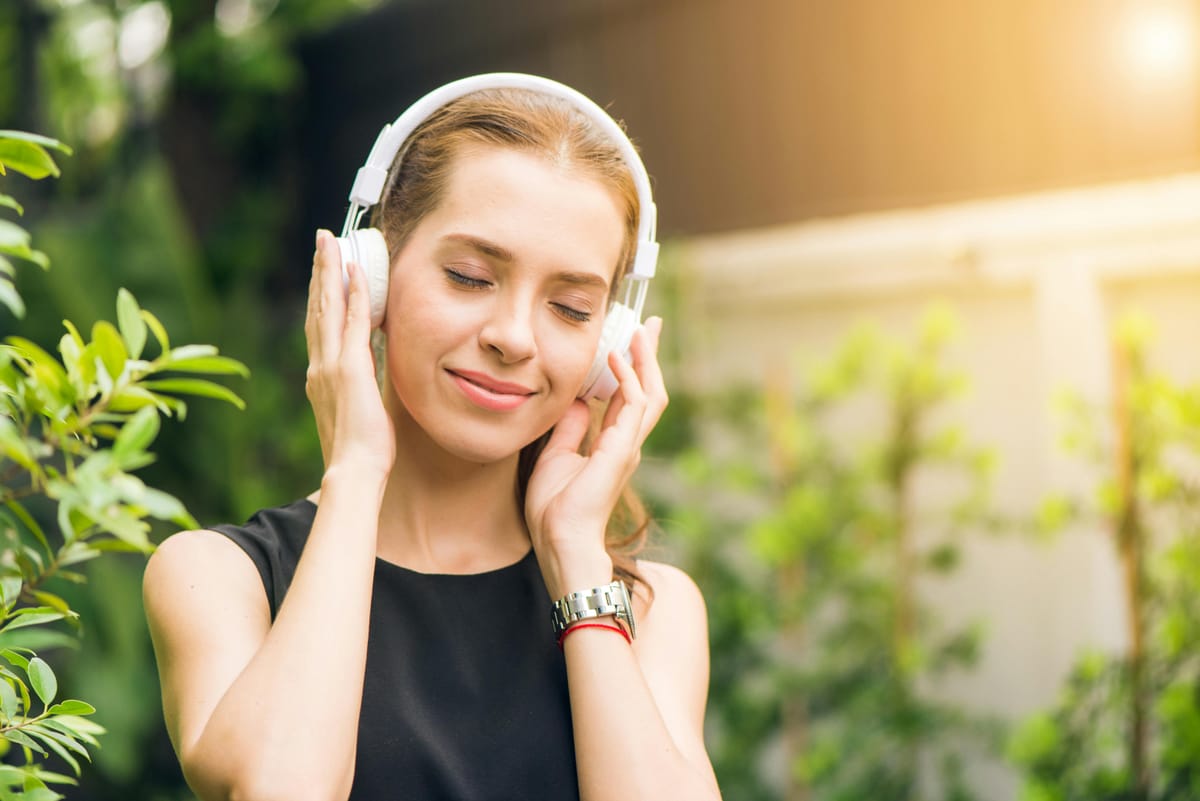Could Your Morning Coffee Really Make you Happier? Researchers Say Yes

By Science Correspondent
Does your morning coffee really make you happier?
Researchers from the University of Warwick and Bielefeld University say so.
They have tracked the mood of more than two hundred young adults for up to four weeks each.
The young people involved received prompts on their phones seven times a day, asking whether they had recently consumed caffeine and how they felt at that moment.
They found that caffeine-drinkers regularly report a better mood after a cup of coffee or tea in the first 2.5 hours of the day as compared to later in the day.
This finding, published in Nature Scientific Reports, was discovered from 28,000 mood reports collected across the four-week period.
Professor Anu Realo, Department of Psychology, University of Warwick explains how caffeine has this mood boosting effect: “Caffeine works by blocking adenosine receptors, which can increase dopamine activity in key brain regions - an effect that studies have linked to improved mood and greater alertness”
In the study, caffeine consumption was linked to an immediate increase in positive emotions for two and a half hours after waking up, particularly enthusiasm and happiness.
Smaller effects were seen for contentment and for a reduction in sadness. Yet, it remains unclear whether these effects are related to a reduction in withdrawal symptoms after a night’s sleep.
Professor Anu Realo continues: “Even people with moderate caffeine consumption can experience mild withdrawal symptoms that disappear with the first cup of coffee or tea in the morning.”
The researchers also investigated whether coffee has different effects on different individuals.
It was expected that people with higher levels of anxiety would experience negative mood changes, such as increased nervousness, after consuming caffeine – however this wasn’t always the case.
Justin Hachenberger from Bielefeld University and first author says: “We were somewhat surprised to find no differences between individuals with varying levels of caffeine consumption or differing degrees of depressive symptoms, anxiety, or sleep problems. The links between caffeine intake and positive or negative emotions were fairly consistent across all groups.”
Still, the study authors caution that caffeine can lead to dependence. Excessive intake is linked to various health risks and consuming it later in the day can lead to sleep problems.
Professor Sakari Lemola of Bielefeld University and the study’s senior author said: “Around 80 per cent of adults worldwide consume caffeinated beverages, and the use of such stimulating substances dates far back in human history. Even wild animals consume caffeine; bees and bumblebees prefer nectar from plants that contain caffeine.”
DON'T MISS:

SEE MORE FROM WARWICK UNIVERSITY HERE
If you have a positive story or uplifting news to share, we’d love to hear from you!
Just email us at news@goodnewspost.co.uk.
Whether it's a local hero, an act of kindness, or a personal win, your story could help spread joy and improve someone’s mental health. Let’s make the world a little brighter, one good news story at a time.
And don’t forget—you can sign up for free to get the latest feel-good stories straight to your inbox!






